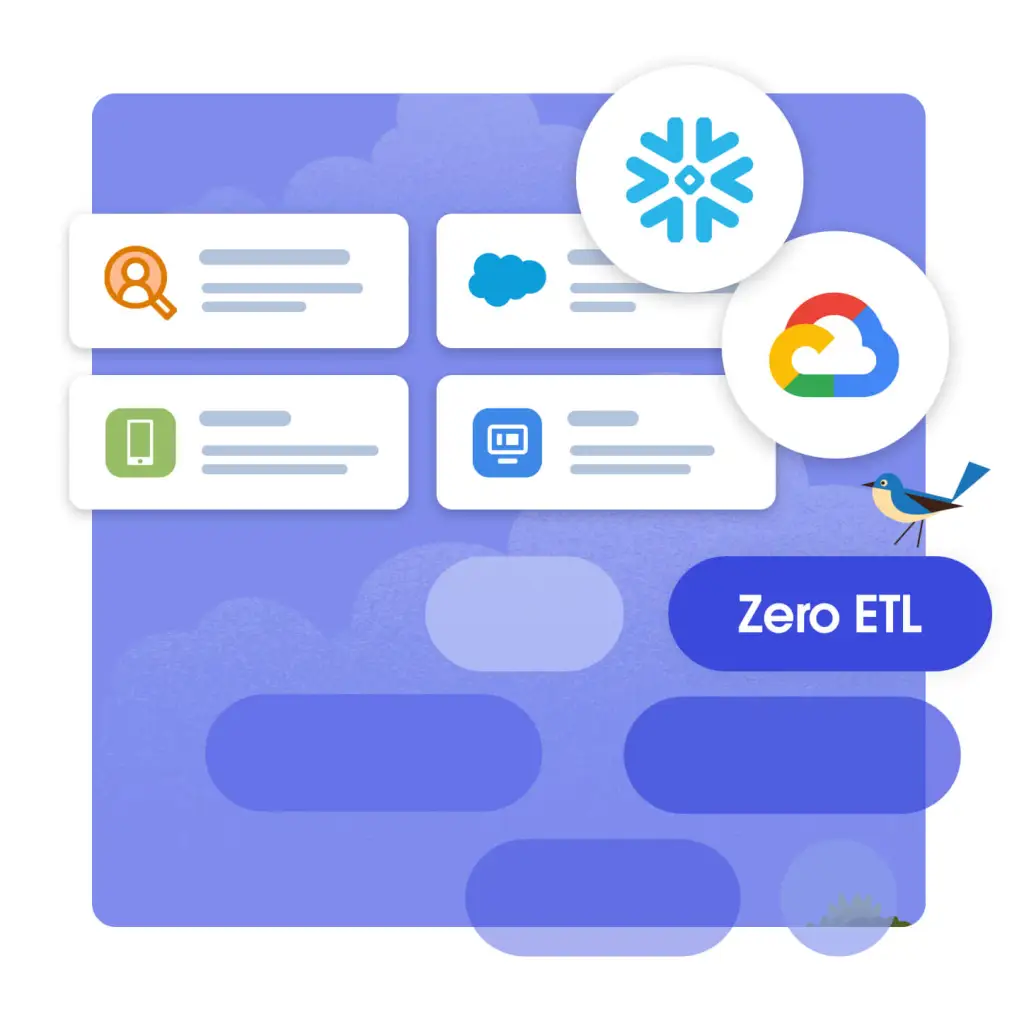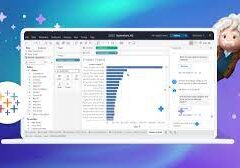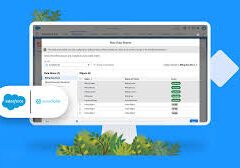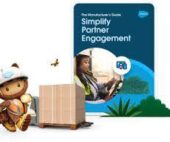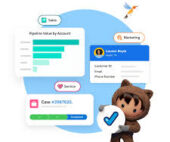Salesforce Data Cloud, formerly known as Salesforce CDP, has rapidly become Salesforce’s fastest-growing, organically-developed product. To understand the vision for Data Cloud, it’s essential to understand the foundational capabilities of CDPs. Salesforce CDP, now part of Data Cloud, has been delivering the following:
- Build a single source of truth: Creating a unified customer profile across all touchpoints.
- Match data to a person: Employing advanced data linking capabilities, such as fuzzy matching.
- Bring all your data under one roof: Unifying data from various sources with a high-scale data ingestion service and Mulesoft’s leading APIs.
- Make every interaction relevant: Connecting marketing to sales, service, commerce, and more.
Customer Disparate Data
Consider the typical customer, leaving a robust data trail encompassing engagement data (interactions with marketing journeys, ads, mobile apps) and insight data derived from engagement (won revenue, purchase intent, privacy management).

Data Cloud is the foundation that speeds up the connectivity between different ‘clouds’ across the platform. Data Cloud uses all this data normalized for understanding to power your Salesforce ecosystem.
Use Data Cloud to create personalized, real-time experiences across Salesforce and beyond. Connect your data sources and define their relationship in Data Cloud. Learn the benefits of using data spaces in Data Cloud. A data space is a logical partition to organize your data for profile unification, insights, and marketing data.
A data cloud gives you an infrastructure for efficient data management across multiple systems at any scale. You can ensure data is available to anyone who needs it without compromising data integrity or security.
By providing a 360-degree view of the customer lifecycle, Salesforce Data Cloud enables businesses to understand their customers like never before. This comprehensive view is the key to unlocking personalized experiences that resonate with customers on a deeper level, fostering loyalty and driving business growth.
Data Cloud shares the purpose and benefits that CDPs deliver – but goes beyond the traditional definition of CDP: Beyond marketing use cases: CDPs are typically targeted at marketers. Data Cloud unifies data for use across all Customer 360 products, and therefore, the myriad of use cases every department will have.

